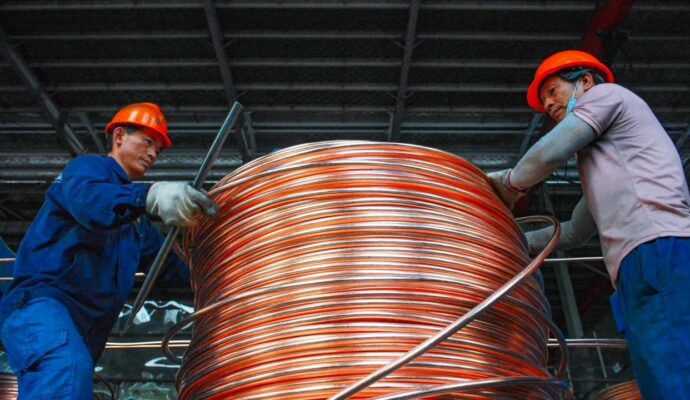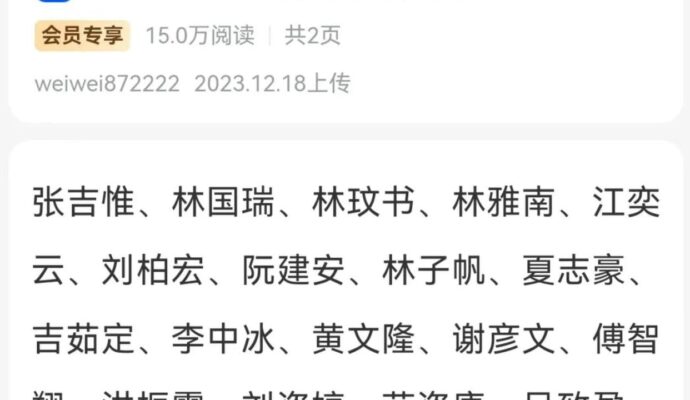“It certainly is awkward timing to not have access to the Chinese foreign minister when presumably an item on the agenda is whether or not Xi Jinping is going to come to the United States for the [Asia Pacific Economic Cooperation] summit in November.”
Where in the world is Qin Gang, and why it matters to US-China diplomacy
“Obviously the Biden administration has invested time and energy in building a relationship with Qin Gang that will be lost. But we can assume that Wang Yi will pick up the slack. We’ve been dealing with him for a long time.”
Even so, any departure could diminish China’s diplomatic presence globally until a replacement is selected, since Beijing now has just a single top official – not two – to represent it at key foreign meetings without a clear explanation of what happened.
“The fact that he’s a high-level diplomat means it will attract attention from countries around the world,” said Bonnie Glaser, director of the Asia programme at the German Marshall Fund. “People will make judgements and draw their own conclusions.”
Moreover, protocol details carry their own weight: Blinken did not get a red carpet on arrival in Beijing and his audience with Xi was rather cool and formal. Yellen was more warmly received but did not meet with Xi, nor did Kerry – instead, Xi gave a speech during his visit superseding any talks Kerry was having with his counterparts.
“Chinese protocol is extremely important and the way that they treated Blinken had to have been evaluated at a much higher level than the working level,” Moon, a former US consul general in Chengdu, said. “So what is the strategy for engaging the United States?”
There’s probably a high degree of curiosity [at the White House] on what’s going on, that’s safe to say
A Qin departure, which most analysts say looks increasingly likely, could also affect other diplomatic and bureaucratic issues. Qin – who was China’s ambassador to the US before his ascension – has developed personal relationships with his foreign counterparts that would have to be rebuilt.
He has also likely surrounded himself with allies in the ministry who may be supplanted, creating bureaucratic turbulence, while other decisions, from the funding of new embassies to facility management and employee benefits, could be delayed.
Also at risk, analysts said, is another goal of the Xi-Biden ladder: working-level meetings that could lead to agreements at any November summit.
While the Biden administration is unlikely to budge on reducing tariffs that had been imposed by the former Donald Trump administration, negotiations could slow over other issues – less onerous visa requirements, say, and more people-to-people exchanges and direct flights – that provide “deliverables” if and when the two leaders meet.


